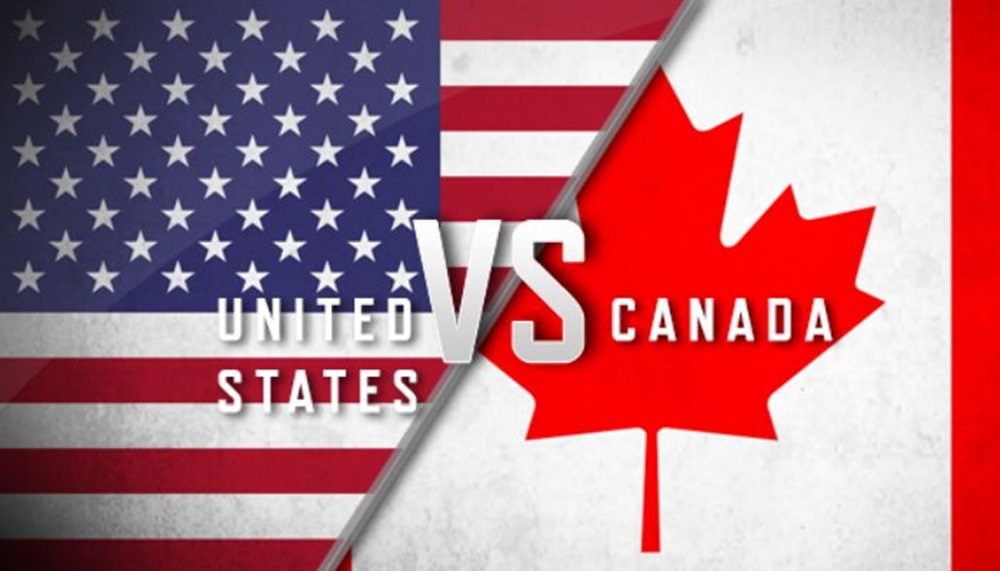From: Chris Christie
To: Nervous Canadians
Date: November 6, 2024
Re: Canada Should Embrace the Opportunities of a Second Trump Presidency
A second Donald Trump presidency, if approached strategically, offers Canada more opportunities than risks.
Donald Trump’s campaign rhetoric is often erratic, of that there is no doubt. And I, as you might have heard, am not a Donald Trump advocate.
But what happens in governance under Trump is a far cry from his provocative online posts or bombastic speeches, as I argued in the latest C.D. Howe Institute Regent Debate. His track record speaks for itself, and whether you choose to acknowledge it or not, Canada has already benefitted from Trump-era policies.
Let’s take the US-Mexico-Canada Agreement – CUSMA in the Canadian rendering – as a prime example. Trump’s renegotiation of NAFTA wasn’t just about putting “America first.” It was about reshaping trade relationships in North America to benefit all three countries. The agreement secured economic ties between the US, Canada, and Mexico in a way that ensures long-term growth for all parties involved.
Trump views that agreement as one of his crowning achievements, and rest assured, it’s not going anywhere. It is a durable platform for growth in North American trade.
Looking forward, the question isn’t whether Trump is unpredictable. It’s whether Canada can recognize and leverage the opportunities his policies present.
With Trump re-elected, his administration will continue to focus on policies that drive economic growth – lower taxes, reduced regulations, and energy independence. A booming US economy means a stronger Canada, as our two economies are deeply intertwined. When one prospers, the other stands to benefit through increased trade and investment.
Trump’s approach to trade – especially tariffs – has often been misunderstood. Yes, his speech-making is aggressive. But we need to separate rhetoric from reality. Trump’s actual policies were more measured than many anticipated. And they will be again.
The real adversary for Donald Trump is China, not Canada. If Trump tightens the screws on China’s unfair trade practices, it could create space for Canadian companies to flourish on a more level playing field, particularly in sectors like technology and intellectual property, where China has been a major violator.
Trump’s economic philosophy – focused on cutting taxes and regulations to unleash private-sector growth – should also serve as a wake-up call for Canada. Under Prime Minister Trudeau, Canada has taken a ruinous policy road, with higher taxes and more government intervention in business.
But what if Canada aligned itself more closely with the pro-growth policies Trump advocates?
Imagine the potential for Canadian businesses if they operated in an environment with fewer barriers to growth. A thriving private sector in Canada would strengthen the economy and create more opportunities for collaboration and trade with the US.
I won’t pretend that a second term comes without challenges. But instead of focusing on the personality occupying the Oval Office, Canada should focus on how to navigate the opportunities presented by our shared future as neighbours and trade partners.
It’s time to stop seeing Trump as an unpredictable threat and start recognizing the potential opportunities his policies can bring. Canada stands to benefit if it plays its cards right. For the Silo, Chris Christie.
Chris Christie was the 55th Governor of New Jersey and a participant in the C.D. Howe Institute’s recent Regent Debate. Send comments to Chris via this link.



